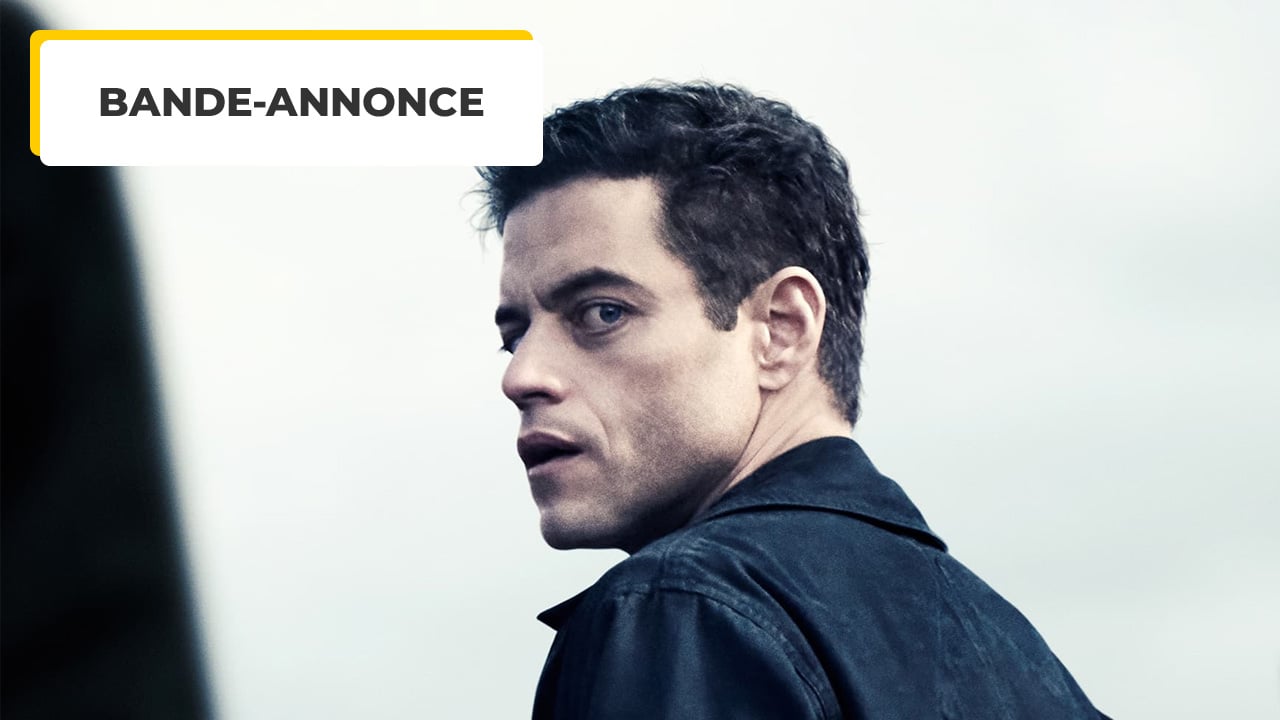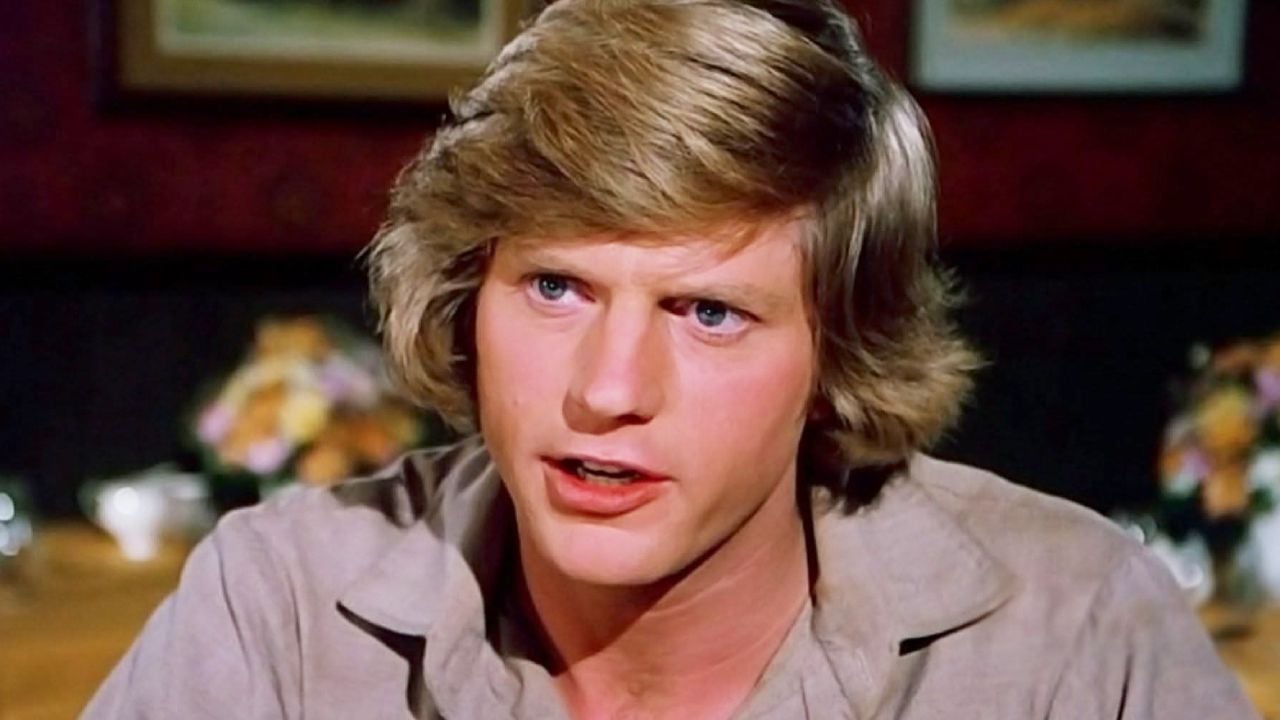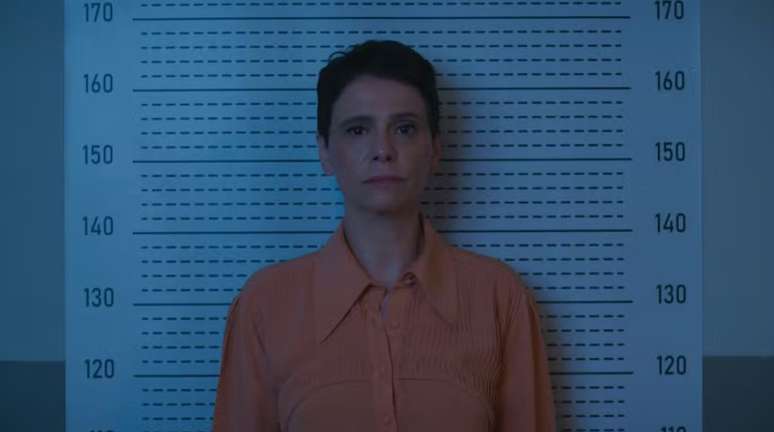In 1981, the American novelist Robert Littell published a spy novel loverwhich very quickly spawned the first film adaptation: Charles Jarrott’s The Man from Prague with John Savage and Christopher Plummer.
43 years later, director James Hawes (Doctor Who, Undercover, Life with Anthony Hopkins) dives back into this revenge story to offer a new cinematic version starring Rami Malek, Laurence Fishburne, Holt McCallan, Rachel Brosnahan and Jon Bernthal.
Here the story is no longer set during the Cold War, but in the present day after the London attacks. Charlie Heller (Rami Malek), a brilliant and introverted CIA cryptographer, finds his life turned upside down when his wife dies in a terrorist attack in London.
Condemned by the inaction of his superiors, he then takes matters into his own hands and sets out to find the killers, embarking on a perilous journey across the world to exact his revenge.
After playing the villainous Lucifer Safin in No Time To Die, Daniel Craig’s latest James Bond, Rami Malek is back in action and this time playing the hero.
This spy thriller through the eyes of Jason Bourne is revealed today with the first trailer. It will hit our theaters on April 9, 2025. For this occasion, AlloCiné was able to speak with the director. James Hawes as well as Rami Malek. They tell us about their desire to make a great spy movie.
AlloCiné: How did this project come about and what attracted you to the script?
James Hawes: Producers Hutch Parker and Dan Wilson have held the rights to the novel for some time. They thought that this story could renew the spy genre. Before me, the script went through several hands and things were already included.
Rami Malek : I was looking for a similar project. I asked, “What are my chances of playing an action hero?” » Then I remembered this scenario. I love playing awesome characters. I loved playing Elliott in Mr. Robot and wondered what that character would become with a family and a gun, just like Charlie Heller.
If Elliot from Mr. Robot had a gun
I wanted something very sophisticated, with a deep element, someone who was dealing with grief and trying to overcome it, and who was a normal person that we could all relate to.
Then, when I discovered James’ work, I was impressed by his consistency, sensitivity and humanity of approach. So I contacted him to ask if he agreed to do this film. He agreed and exceeded all my expectations. His vision is exactly the same as the idea I had of Charlie Heller.
The film is based on a novel. When you adapt a book, you have to leave some things out and keep others. How does the film differ from the original material?
James Hawes: The evolution was important because the book was written in the middle of the Cold War. And although it can be said that the Cold War is not over yet, it has changed a lot since then.
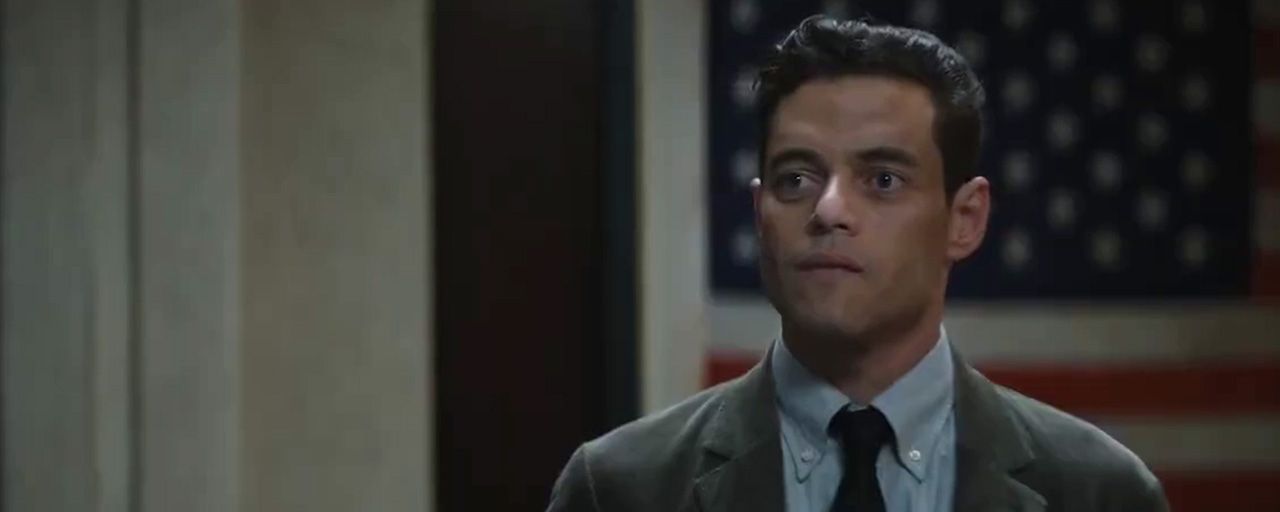
That said, the film stays true to the essence of the book and the idea of a lover determined to avenge himself. We wanted to respect the original source. As a side note, we even asked Marte Keller, who stars in the 1981 film, to appear in the ad.
Rami, how did you research for this role? Have you met any CIA agents?
Rami Malek: Yes, we met CIA agents, and some were on set as advisors. Of course, it’s hard to fully understand their work because they can’t share much.
The interesting thing is that they answer a lot of questions about how to approach certain situations. This provides valuable information.
On the other hand, as soon as we try to approach the more secretive aspects, they remain very cautious. We learned a lot about how these agencies operate around the world and the different roles they play in espionage.
Charlie, for example, is one such character who works in an office several floors below. He is not a field agent, but probably aspires to be one day. In the film, he finds himself in a situation where he has to take responsibility in the field and move from receiving data to an active and decisive position.
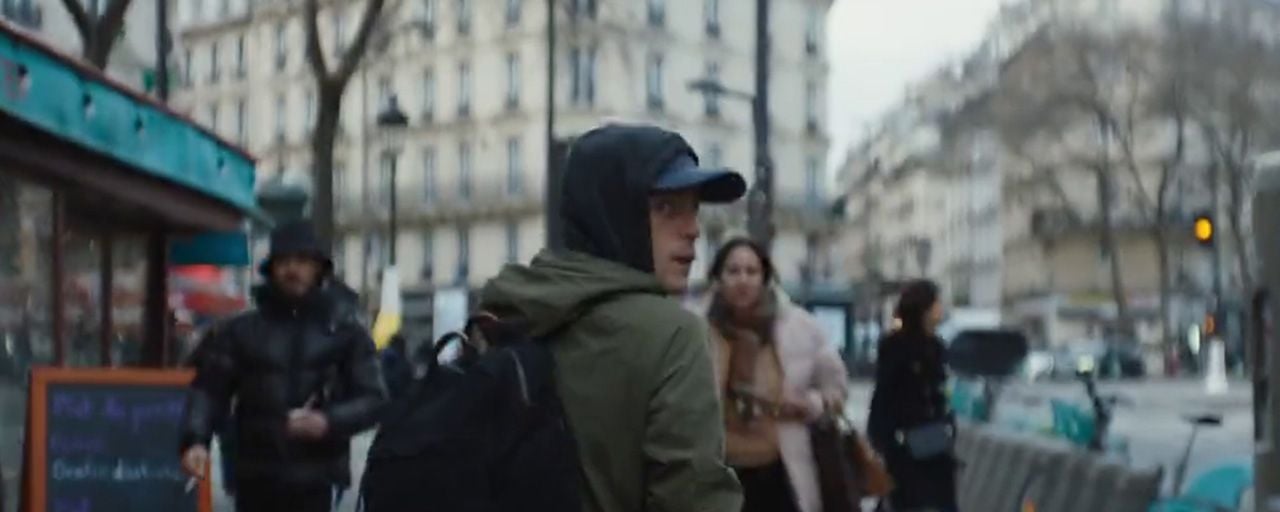
In the trailer, we see that the film was shot in different countries, especially in France. What was the biggest challenge of filming?
James Hawes : It was nice to shoot in Paris and Marseille. Filming abroad and taking the entire crew to different locations is always a challenge, but also a very stimulating experience. In a sense, we followed Heller’s journey through Europe.
First, we needed to recreate the American neighborhood of the United Kingdom. We were originally going to shoot in Latvia for the Russian scenes, but delays due to strikes in Hollywood last year derailed our plans. Ultimately, we shot in Paris, Marseille and Istanbul, with these locations also representing Russia.
This added a level of complexity to the character of Charlie, who has only traveled a bit as we discover at the beginning of the film. This constant change in environment contributes to his challenges as he must constantly adapt to the new world.
I’m not Tom Cruise
And for you, Rami, what was the challenge? Do you have any character traits in common with your character, or is it a role that required a special amount of work from you?
Rami Malek : I always try to encourage everyone to give their best. On the set, I use energy and strength that I don’t necessarily have every day.
I try to use the incredible talent of our designers, producers and actors. Whether in Paris or Marseille, we had talented teams and I love to bring everyone together to make the best film.
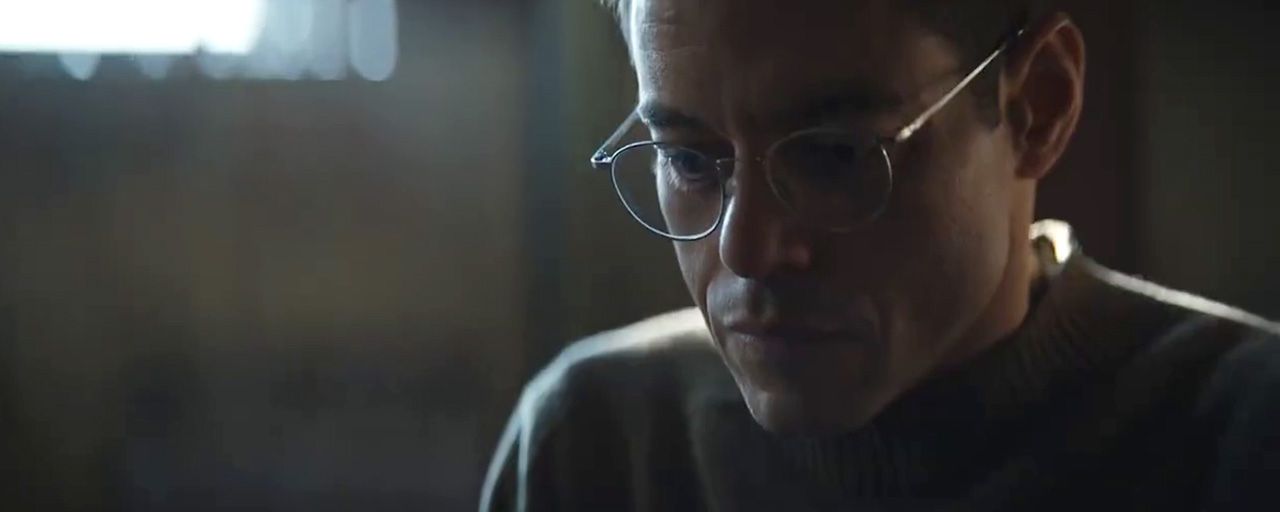
I have a certain determination in me and I hope I am not being pretentious when I say that I have a commitment to perfection, a requirement I share with James. When you see someone give their best, it motivates everyone to step up.
I’m not Tom Cruise, but I think I can bring motivation and morale to the set.
Besides the exciting aspect of the story, what themes did you want to explore with this film?
James Hawes : There are two main topics we wanted to discuss. First, how a man overcomes the absolute loss of his love, his life, and his future, and how he transforms that wound into a form of justice.
The question then arises as to how one can face much stronger opponents while seeking justice and finding inner peace after this struggle.
These are universal themes that I think relate to people on different levels. You don’t always have to lose someone to feel injustice from authority, and I believe that’s one of the reasons why early screenings of the film had such an impact on audiences.
Rami Malek : James got the point perfectly. We see people doing heroic deeds every day. This power is in each of us.
Source: Allocine
Rose James is a Gossipify movie and series reviewer known for her in-depth analysis and unique perspective on the latest releases. With a background in film studies, she provides engaging and informative reviews, and keeps readers up to date with industry trends and emerging talents.

